Living with Blindness: Josh Tseng’s Story of Grit and Determination
Meet Josh Tseng, a visually impaired digital accessibility specialist and keynote speaker who does not let his disability be an obstacle to the pursuit of his goals. CHERYL JUAN chats with him to find out more about how he overcame his struggles and achieved many things beyond expectations.
Photo courtesy of Josh Tseng.
BY
Cheryl Juan
Section Editor
Hype Issue #55
Published on
June 24, 2022

Losing one of your five senses is perhaps one of the hardest struggles a person can face in their life, especially if that sense is sight. This is a reality for Josh Tseng, 24, who was diagnosed with congenital glaucoma at age seven and lost all of his eyesight by the age of 16. Even with his condition, he has managed to achieve multiple awards like the Goh Chok Tong Enable Award and has also given talks for TEDx and Microsoft. He is living proof that with the right mindset and attitude, many seemingly unconquerable challenges can be overcome.
Just like any other child with passions and ambitions, Josh was someone who had a clear vision as to where he wished to see himself in the future – getting into the Mass Communication field and eventually, pursuing a career in photography.
“I actually wanted to do Mass Communication and I wanted to do photography as a career, but then obviously when you can’t see, that’s not an option as open to you anymore. So, suddenly, I had to face this reality where I couldn’t do a lot of these things,” says Josh. “There was a lot of ‘this is not fair’ because [I was] the only person that I knew at that time with a visual impairment – and why is it [me] among all these people with this kind of problem.”
Despite not being able to do the course he originally wanted, Josh graduated with a Diploma in Marketing with merit from Temasek Polytechnic with a cumulative GPA of 3.9 out of 4.0. He then went on to Singapore Management University and obtained a Bachelor’s degree in Information Systems.
So, how did he stay optimistic? His trick: acceptance and a positive, ‘can do’ attitude.
“That’s the state that I was in and I had to eventually accept that this vision I used to have is no longer here… but I could change a lot of things around me and find creative solutions to some of the problems ahead of me – and then that’s how I made it from there,” says Josh.
Assistive technology was a huge help in helping him adapt to his new situation. This included Microsoft Seeing AI, an Optical Character Recognition (OCR) software incorporating artificial intelligence to identify objects and text in a picture, and screen readers.
Josh leveraging his phone’s screen reader to type. Showcases the various speeds it can run at. Video taken from Josh Tseng’s YouTube.
Even though he was aided by technology, Josh still feels that the secret ingredient to making progress comes down to leveraging the brain to help think of creative ways to overcome obstacles.
“Technology only gets you so far. A lot of it comes down to ourselves and our ability to problem solve, communicate, and those are the big things. If you want to describe it, actually, the biggest skillset any person with a disability can have is problem solving and communication,” Josh says.
Technology only gets you so far. A lot of it comes down to ourselves and our ability to problem solve, communicate, and those are the big things. If you want to describe it, actually, the biggest skillset any person with a disability can have is problem solving and communication.
Even with his acceptance and willingness to learn, Josh still struggles with abstract situations where solutions are not obvious. These consist of social events and interactions, which are scenarios we often take for granted. When attending an event, many of us tend to gravitate towards people we know to start a conversation, but for a visually handicapped person, this is impossible.
“For someone like me, I can’t walk in a room and go like oh, there’s Jeremy or there’s Jane over there. There’s no such thing right? Maybe [I can recognise them] by their voice, but it’s not likely. So people have to come to me a lot of times… And I thought about it and I realised okay, some of the things I have control over would be my body posture, my word choice, how I speak. So I have to consciously think about how to lean back, open my body posture [to] look less like I’m brooding and more like I’m open to a conversation. These are the small things that make a big difference,” says Josh.
Josh also recognises that 93 per cent of social interactions are non-verbal – people’s facial expressions, their posture, and dressing styles are some key visual clues and information that he has to go without. To make up for this, he has trained himself to pay attention to peoples’ modulation of their voices, the word choices that they use, and their tone, in order to gauge their reactions to the conversations they are having.
When it comes to aspirations, his vision for the future is one where we can build a better world for everyone. One of his missions is to find a common ground for all the needs of various segments of society and areas where everyone can work together. In order to build a good foundation for this to happen, Josh’s initiatives focus on accessibility, inclusivity and self-advocacy.
Josh does what he calls “underground work” – which includes consulting or testing of applications and presenting business cases regarding accessibility to stakeholders like developers, managers, and leaders. These groups of individuals help make decisions on the types of software, products, or experiences that they are trying to design.
Josh also works with like-minded organisations to make in-roads into improving the lives of the disabled. The first being Fortitude Culina, a social enterprise offering fair employment opportunities and career advancement for the visually impaired. As its business development manager, Josh focuses on technology and marketing to set up the team for future success.
In addition to his already busy schedule, Josh has the role of the director of digital accessibility services for Etch Empathy, a non-profit organisation dedicated to helping the visually impaired achieve their aspirations. He shared that the drive behind this stemmed from issues with the current accessibility in services, as well as the high unemployment rate of people with disabilities.
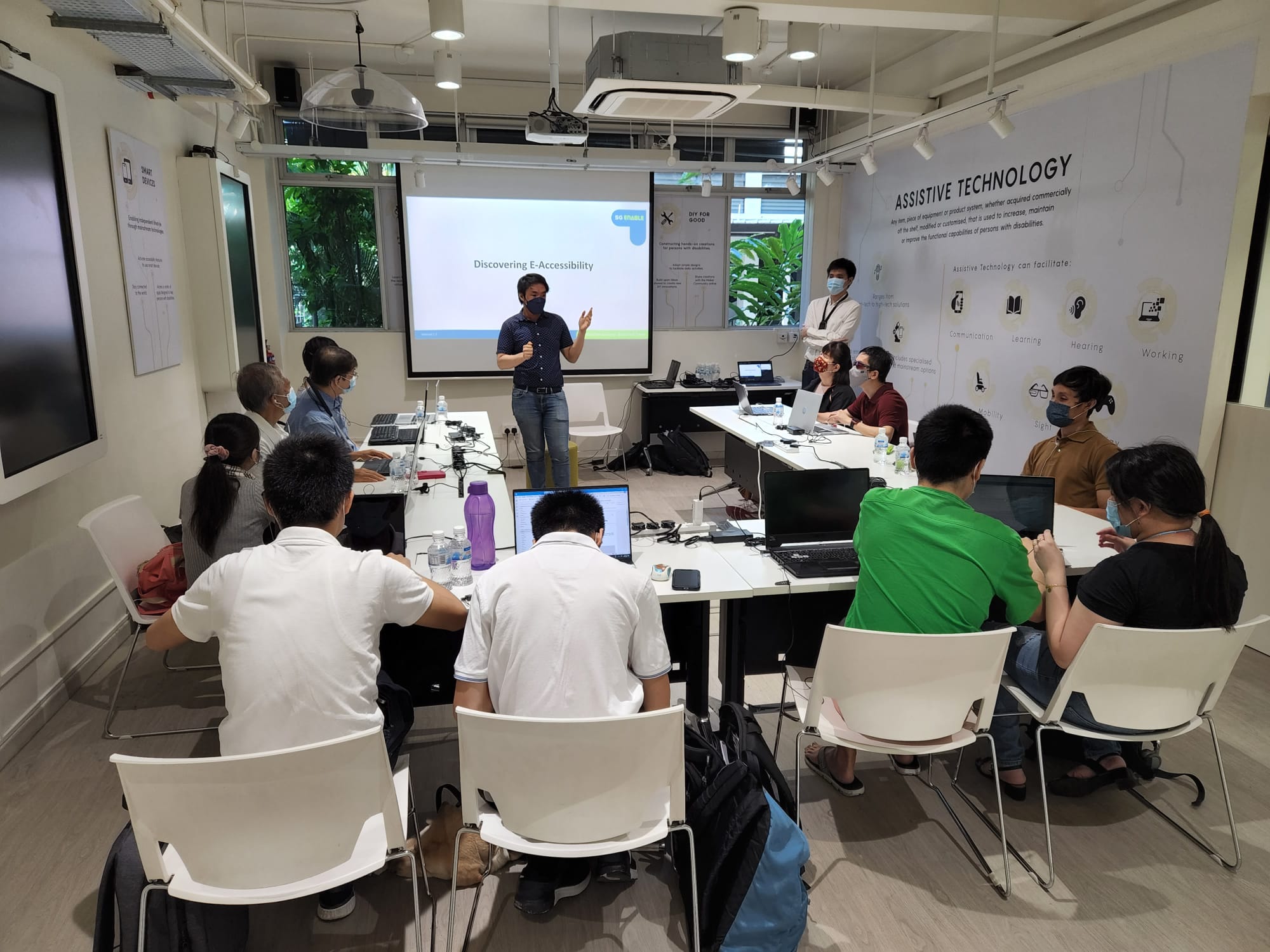
Josh conducting an e-accessibility workshop on how to use assistive technology and how it can empower people with disabilities in becoming more digitally ready and independent. Photo courtesy of Josh Tseng.
Josh also does public speaking and creates educational media content in the form of YouTube videos and social media posts to further get his message out to the public.
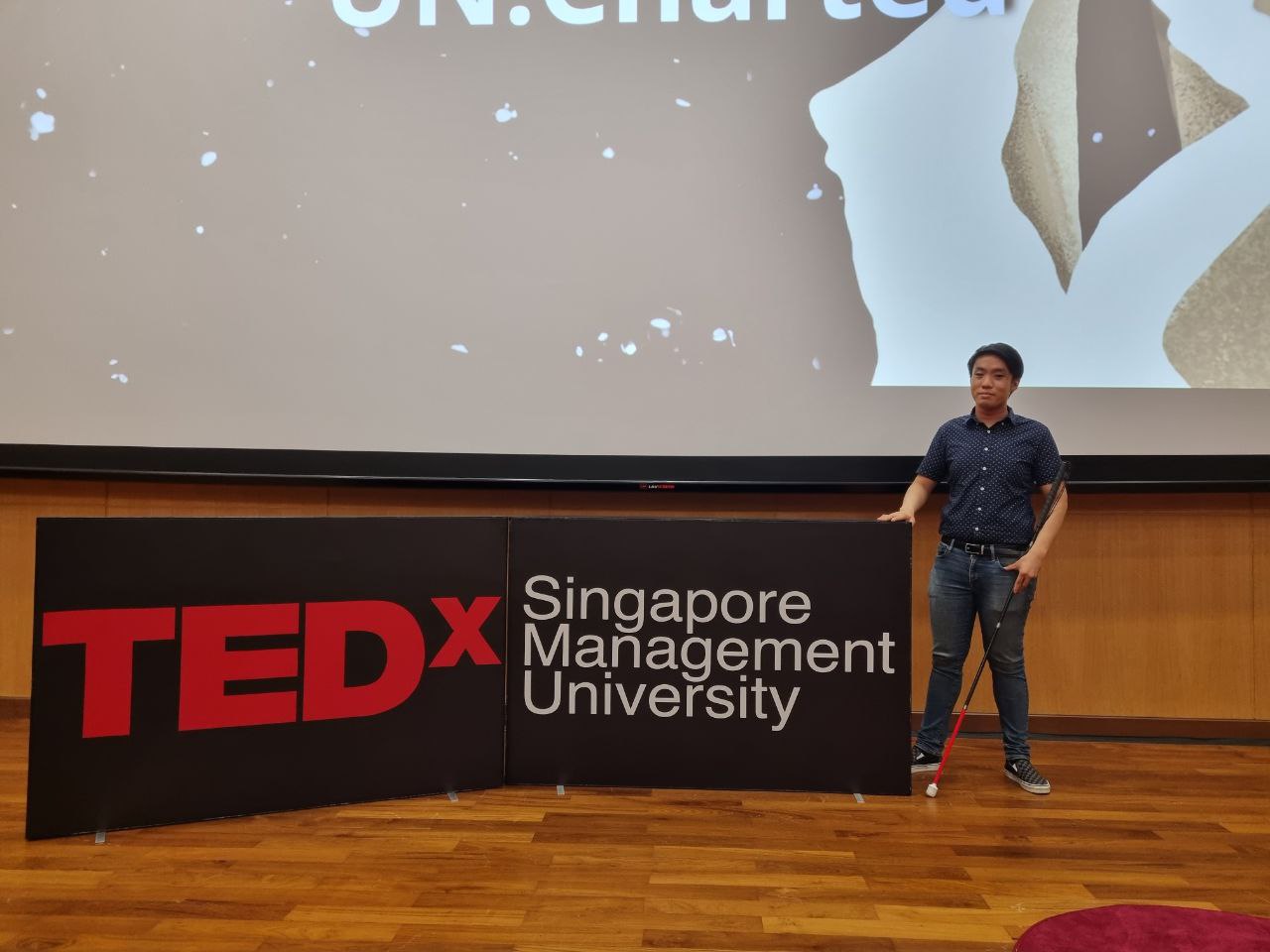
Josh conducting an e-accessibility workshop on how to use assistive technology and how it can empower people with disabilities in becoming more digitally ready and independent. Photo courtesy of Josh Tseng.
“The TEDx title is ‘How We Can Stop Failing People With Disabilities‘ and it’s outlining the fact that there are real problems that still exist, like how the unemployment of people with disabilities is still very high. Accessibility of online services, even if it’s getting better, it’s still not there. We can’t claim that digital services are accessible. In fact, some studies estimate [that] 99% of the top most visited websites have some kind of major accessibility issue and these are real problems,” says Josh.
The TEDx title is ‘How We Can Stop Failing People With Disabilities‘ and it’s outlining the fact that there are real problems that still exist, like how the unemployment of people with disabilities is still very high. Accessibility of online services, even if it’s getting better, it’s still not there. We can’t claim that digital services are accessible. In fact, some studies estimate [that] 99% of the top most visited websites have some kind of major accessibility issue and these are real problems.
Josh harnessing the power of the media to share his stories. Video taken from Josh Tseng’s YouTube.
With his role as a disability advocate, public speaker, and involvement in various social initiatives, Josh was conferred the Goh Chok Tong Enable Award, an award that acknowledges the achievements of people with disabilities and who have been motivated to go above and beyond.
“I was in quite an interesting position where I had three organisations nominating me. I had Singapore Management University, Temasek Polytechnic and iC2 PrepHouse, which is a charity, [nominating me],” says Josh.
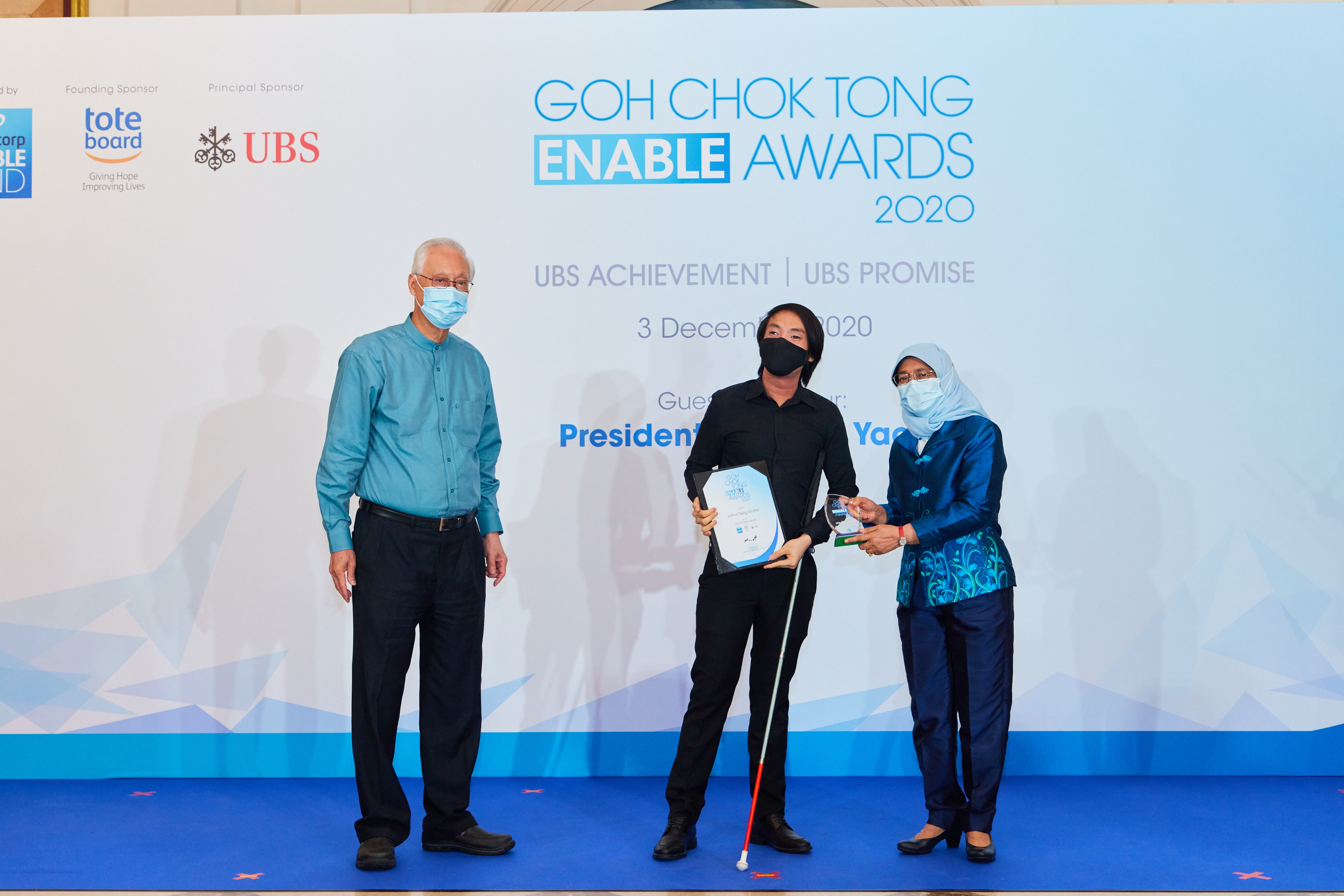
Josh was one of the 16 individuals awarded the Goh Chok Tong Enable Award during the second edition of the Goh Chok Tong Enable Awards. Photo courtesy of Josh Tseng.
Josh recalls that over the past 10 years, he feels that society has made positive strides in both accepting that individuals with disabilities are a part of our society, and in exercising inclusivity and compassion.
“I’ll say [that] especially over the past five to 10 years, I think people [have become] more aware that we exist. That’s number one, so the awareness is greater. Number two, they’re also aware that we have our own lives – being more capable than people would expect. And number three, I think the attitude has become a lot kinder [to us],” says Josh.
Lastly, Josh has a bit of advice for everyone.
“Accept what you cannot change, then change what you cannot accept. I think [this] helps prime the kind of thinking a lot of people need in order to tackle some seemingly insurmountable obstacles in front of them. Because we look at certain issues and go wow, this is so big, I cannot possibly overcome it. If you remove the things that you could never possibly tackle, or change, like the fact I have a disability, then you can live a happier, more fulfilling life,” says Josh.
Accept what you cannot change, then change what you cannot accept. I think [this] helps prime the kind of thinking a lot of people need in order to tackle some seemingly insurmountable obstacles in front of them. Because we look at certain issues and go wow, this is so big, I cannot possibly overcome it. If you remove the things that you could never possibly tackle, or change, like the fact I have a disability, then you can live a happier, more fulfilling life.
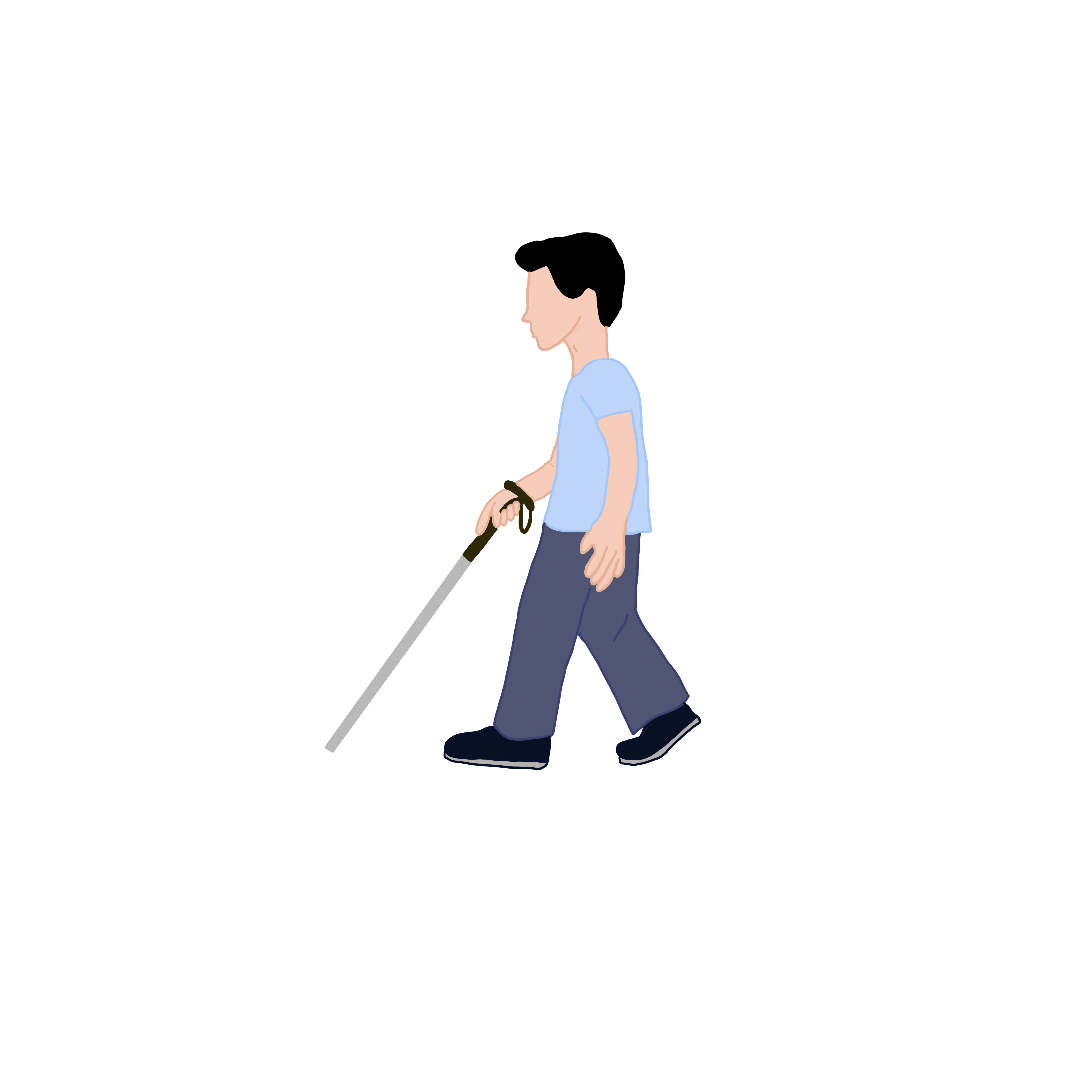
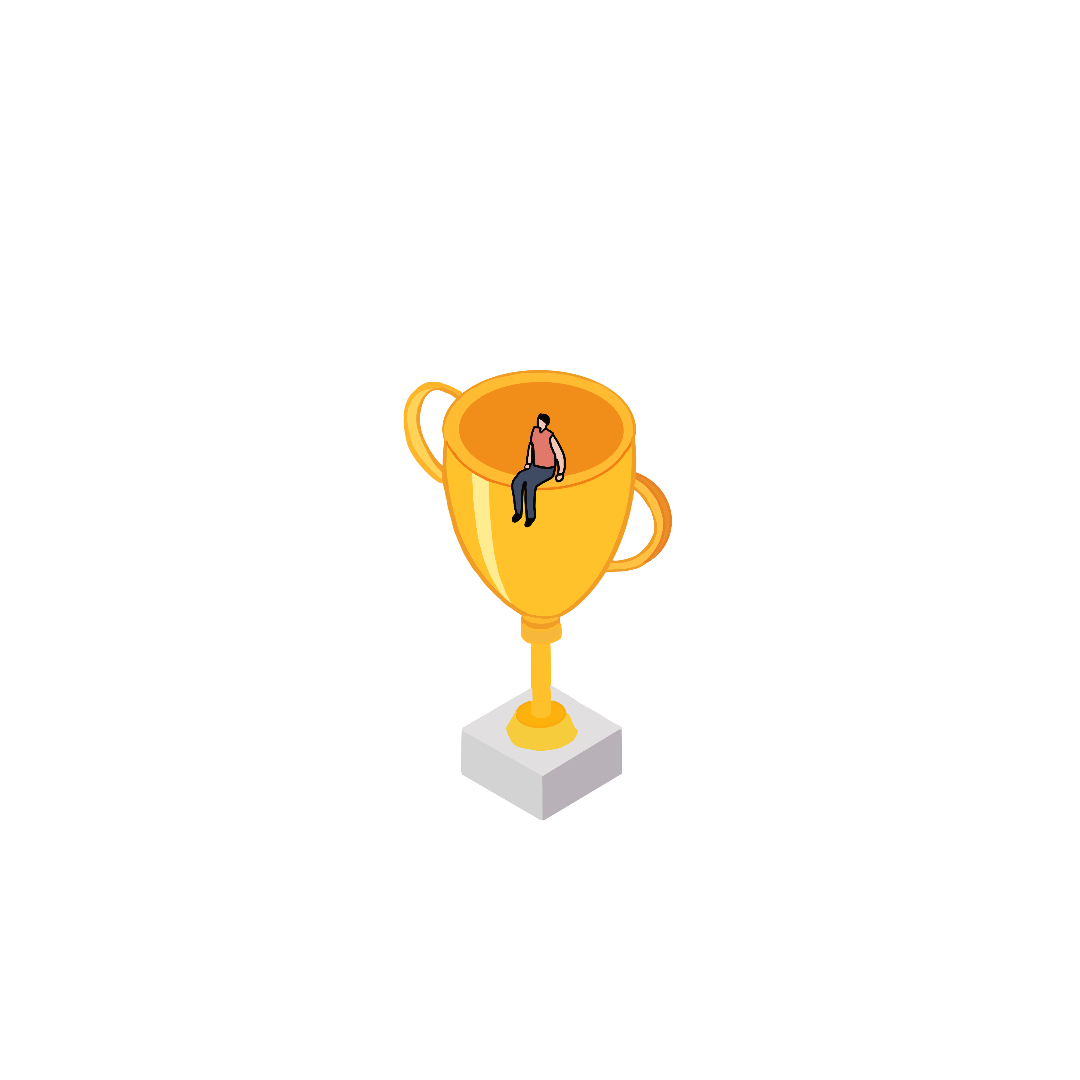
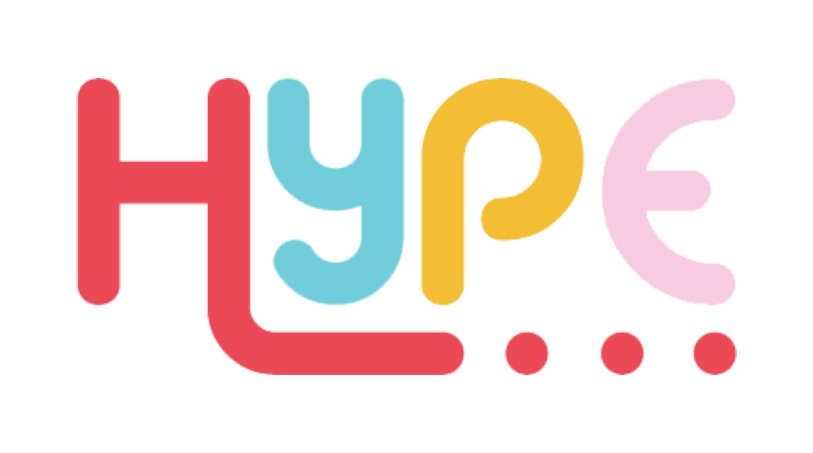
Thanks for sharing. I read many of your blog posts, cool, your blog is very good. https://accounts.binance.com/tr/register?ref=FIHEGIZ8
… [Trackback]
[…] Read More on on that Topic: hypesingapore.com/index.php/2022/06/24/living-with-blindness-josh-tsengs-story-of-grit-determination/ […]
… [Trackback]
[…] Information to that Topic: hypesingapore.com/index.php/2022/06/24/living-with-blindness-josh-tsengs-story-of-grit-determination/ […]
… [Trackback]
[…] Read More to that Topic: hypesingapore.com/index.php/2022/06/24/living-with-blindness-josh-tsengs-story-of-grit-determination/ […]
… [Trackback]
[…] There you can find 98541 more Information on that Topic: hypesingapore.com/index.php/2022/06/24/living-with-blindness-josh-tsengs-story-of-grit-determination/ […]
… [Trackback]
[…] Read More here on that Topic: hypesingapore.com/index.php/2022/06/24/living-with-blindness-josh-tsengs-story-of-grit-determination/ […]
… [Trackback]
[…] Information to that Topic: hypesingapore.com/index.php/2022/06/24/living-with-blindness-josh-tsengs-story-of-grit-determination/ […]
… [Trackback]
[…] Find More on that Topic: hypesingapore.com/index.php/2022/06/24/living-with-blindness-josh-tsengs-story-of-grit-determination/ […]
… [Trackback]
[…] Read More to that Topic: hypesingapore.com/index.php/2022/06/24/living-with-blindness-josh-tsengs-story-of-grit-determination/ […]
… [Trackback]
[…] Read More Info here on that Topic: hypesingapore.com/index.php/2022/06/24/living-with-blindness-josh-tsengs-story-of-grit-determination/ […]
deep sleep
… [Trackback]
[…] Find More here to that Topic: hypesingapore.com/index.php/2022/06/24/living-with-blindness-josh-tsengs-story-of-grit-determination/ […]
… [Trackback]
[…] Find More to that Topic: hypesingapore.com/index.php/2022/06/24/living-with-blindness-josh-tsengs-story-of-grit-determination/ […]
… [Trackback]
[…] Find More here on that Topic: hypesingapore.com/index.php/2022/06/24/living-with-blindness-josh-tsengs-story-of-grit-determination/ […]
… [Trackback]
[…] Find More Information here to that Topic: hypesingapore.com/index.php/2022/06/24/living-with-blindness-josh-tsengs-story-of-grit-determination/ […]
… [Trackback]
[…] Read More on that Topic: hypesingapore.com/index.php/2022/06/24/living-with-blindness-josh-tsengs-story-of-grit-determination/ […]
… [Trackback]
[…] Find More on to that Topic: hypesingapore.com/index.php/2022/06/24/living-with-blindness-josh-tsengs-story-of-grit-determination/ […]
… [Trackback]
[…] Here you can find 46376 additional Information on that Topic: hypesingapore.com/index.php/2022/06/24/living-with-blindness-josh-tsengs-story-of-grit-determination/ […]
… [Trackback]
[…] Info on that Topic: hypesingapore.com/index.php/2022/06/24/living-with-blindness-josh-tsengs-story-of-grit-determination/ […]
… [Trackback]
[…] Info to that Topic: hypesingapore.com/index.php/2022/06/24/living-with-blindness-josh-tsengs-story-of-grit-determination/ […]
I don’t think the title of your article matches the content lol. Just kidding, mainly because I had some doubts after reading the article. https://accounts.binance.com/en/register-person?ref=IQY5TET4
… [Trackback]
[…] Here you will find 7037 more Information to that Topic: hypesingapore.com/index.php/2022/06/24/living-with-blindness-josh-tsengs-story-of-grit-determination/ […]
… [Trackback]
[…] Information on that Topic: hypesingapore.com/index.php/2022/06/24/living-with-blindness-josh-tsengs-story-of-grit-determination/ […]
… [Trackback]
[…] Find More Information here to that Topic: hypesingapore.com/index.php/2022/06/24/living-with-blindness-josh-tsengs-story-of-grit-determination/ […]
… [Trackback]
[…] Read More Information here to that Topic: hypesingapore.com/index.php/2022/06/24/living-with-blindness-josh-tsengs-story-of-grit-determination/ […]
… [Trackback]
[…] Read More to that Topic: hypesingapore.com/index.php/2022/06/24/living-with-blindness-josh-tsengs-story-of-grit-determination/ […]
… [Trackback]
[…] Read More Info here to that Topic: hypesingapore.com/index.php/2022/06/24/living-with-blindness-josh-tsengs-story-of-grit-determination/ […]
… [Trackback]
[…] Read More on that Topic: hypesingapore.com/index.php/2022/06/24/living-with-blindness-josh-tsengs-story-of-grit-determination/ […]
… [Trackback]
[…] Info on that Topic: hypesingapore.com/index.php/2022/06/24/living-with-blindness-josh-tsengs-story-of-grit-determination/ […]
… [Trackback]
[…] Read More here to that Topic: hypesingapore.com/index.php/2022/06/24/living-with-blindness-josh-tsengs-story-of-grit-determination/ […]
… [Trackback]
[…] Find More on to that Topic: hypesingapore.com/index.php/2022/06/24/living-with-blindness-josh-tsengs-story-of-grit-determination/ […]
… [Trackback]
[…] Read More on to that Topic: hypesingapore.com/index.php/2022/06/24/living-with-blindness-josh-tsengs-story-of-grit-determination/ […]
Thank you very much for sharing, I learned a lot from your article. Very cool. Thanks.
Thank you very much for sharing, I learned a lot from your article. Very cool. Thanks.
… [Trackback]
[…] Find More on to that Topic: hypesingapore.com/index.php/2022/06/24/living-with-blindness-josh-tsengs-story-of-grit-determination/ […]
… [Trackback]
[…] Find More Info here on that Topic: hypesingapore.com/index.php/2022/06/24/living-with-blindness-josh-tsengs-story-of-grit-determination/ […]
Your point of view caught my eye and was very interesting. Thanks. I have a question for you.
… [Trackback]
[…] Read More to that Topic: hypesingapore.com/index.php/2022/06/24/living-with-blindness-josh-tsengs-story-of-grit-determination/ […]
Can you be more specific about the content of your article? After reading it, I still have some doubts. Hope you can help me.
Your article helped me a lot, is there any more related content? Thanks!
Can you be more specific about the content of your article? After reading it, I still have some doubts. Hope you can help me.